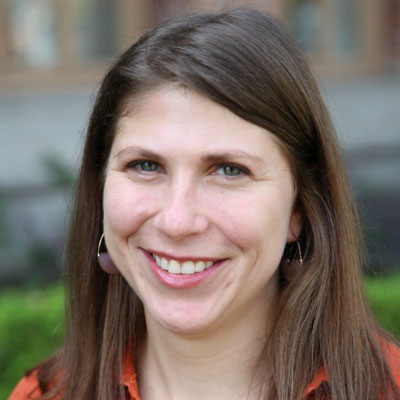Refugee Return without Refoulement: A Typology of State Strategies to Evade Asylum Norms | 2024 | Events

Abstract:
How do states avoid hosting refugees? This article presents a novel typology of state strategies to avoid providing asylum, demonstrating that just as rich democracies can feign compliance with the letter of international law without upholding the spirit, states in the Global South can design liberal asylum policies to achieve illiberal ends – but they must use the governance of refugee return to do so. Using multiple forms of description, the article conceptualizes a common yet overlooked strategy which I call ‘return-without-refoulement’ in which states effectively turn already-recognized refugees on their territory into asylum-seekers. This enables states to engage in tactics to incentivize refugees’ to return ‘voluntarily’ or to legally deport now former-refugees. The article then outlines the implications of identifying and conceptualizing the return-without-refoulement strategy in advancing debates on human rights compliance.
Bio:
Stephanie Schwartz is an Assistant Professor in the Department of International Relations at the London School of Economics and Political Science. She studies the politics of forced migration, violent conflict, and humanitarian governance. Her current book project, Homeward Bound: Refugee Return and Local Conflict after Civil War, examines how refugee return influences future patterns of conflict and displacement. Other ongoing research focuses on global asylum governance and qualitative research methods. Her work has been funded by the National Science Foundation, U.S. Institute of Peace, and the Columbia Global Policy Initiative.
Her work can be read in International Security, Foreign Policy, Slate, the Washington Post's Monkey Cage Blog, and Lawfare.
Prof. Schwartz has worked with international policy organizations including the U.S. Institute of Peace, the World Bank, and the Sudd Institute. She was awarded the 2019 Best Dissertation award from the Migration & Citizenship section of the American Political Science Association (APSA), and the inaugural Emerging Global Scholar Prize (2019) from Perry World House at the University of Pennsylvania. She holds a Ph.D. in political science from Columbia University and a B.A. from Wesleyan University.
